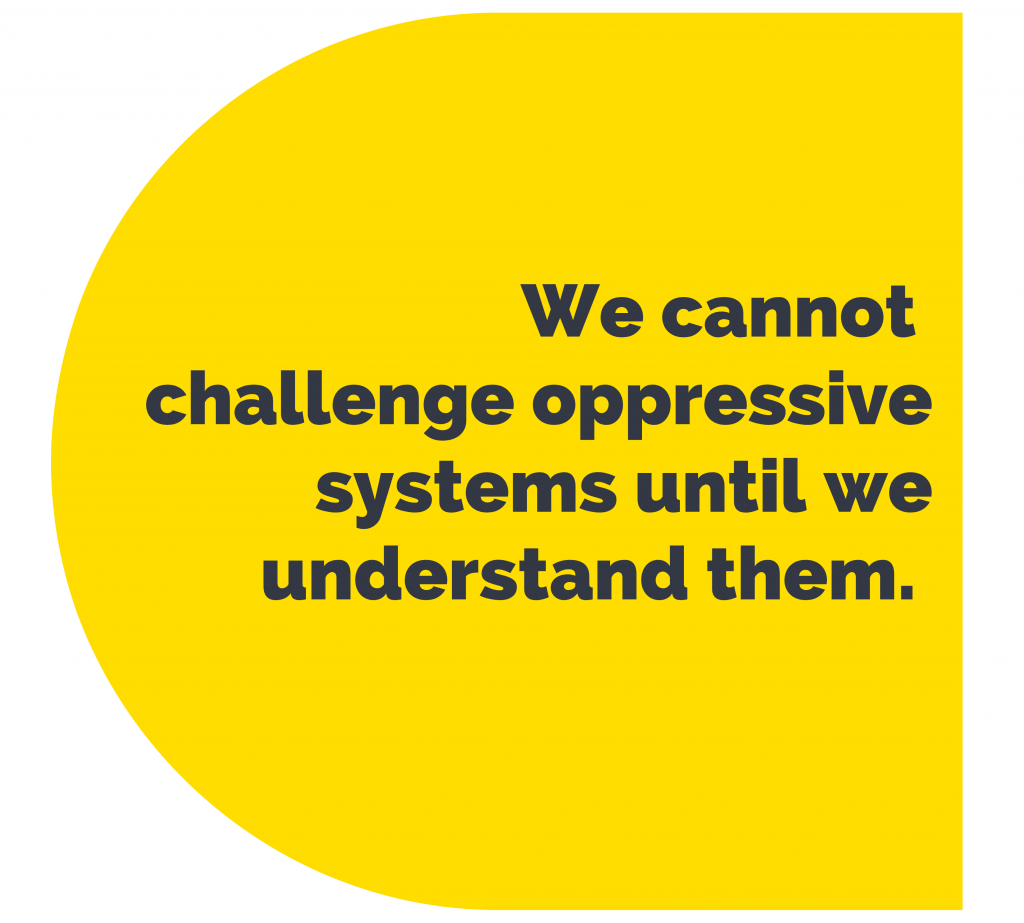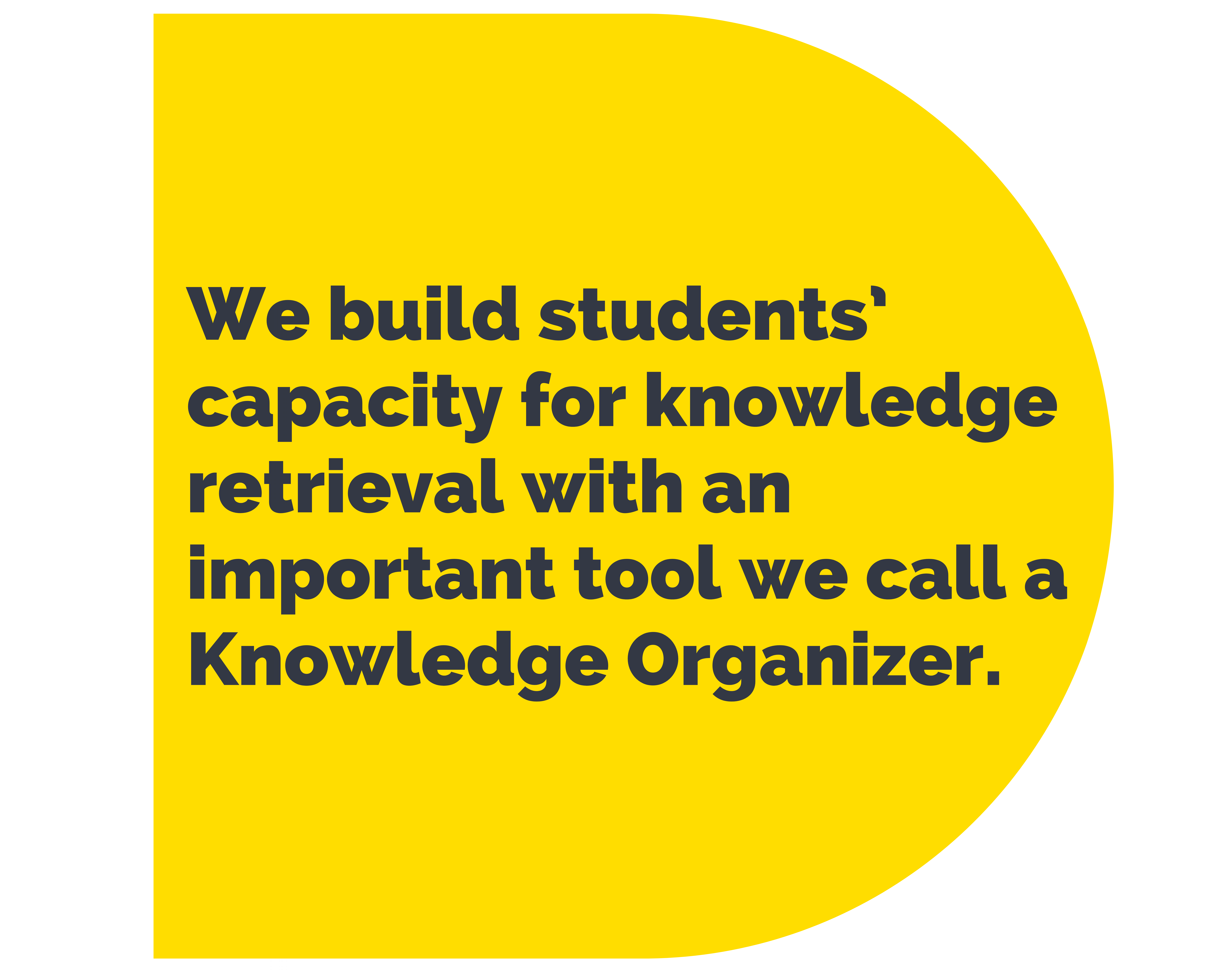Last winter, I got a call about Emmett Till. The caller was a member of my team, one of a brilliant group of teachers and planners who develop middle and high school history curriculum and assessments. This team member was creating curriculum for Uncommon Schools’ first African-American History course, and asked for help framing his lesson on the murder that became a turning point in the American civil rights movement. Together, we decided to pose a central question: Given the climate in Mississippi at that time, was it possible for Emmett Till’s family to receive justice?
Complex and challenging questions like these are at the heart of Uncommon’s approach to teaching history. They spring from an unwavering belief that our students matter, and that their ideas, judgements, opinions, and voices are inherently important and valuable. We also believe that they are critical to the survival of our nation and our democracy. As James Baldwin wrote, “Not everything that is faced can be changed, but nothing can be changed until it is faced.” We cannot challenge oppressive systems until we understand them. In this way, our history curriculum is designed to both honor our students and empower them to be agents of change. 
How, then, do we prepare young people to study our nation’s complicated history and to answer such questions for themselves? In our work together, we have found that success grows from three foundational elements of curriculum design. These include:
- Ensure that the ways in which students struggle with curricula are productive
- Provide opportunities for all students to see themselves within and derive personal meaning from history studied
- Design lessons around a gradual release model that supports student agency and voice
Today, I’d like to focus on the first of these design principles: making struggle productive.
Make Struggle Productive by Building Students’ Capacity for Knowledge Retrieval
As educators, we know that struggle can be productive and is often where learning happens. What matters is why students struggle, and with what. Complex questions like the one my team member presented provide students with opportunities to stretch their thinking and be challenged in their learning. This is an example of productive struggle and one that, with many learning objectives to accommodate within limited time, maximizes students’ growth.
Other forms of struggle, such as stumbling over unfamiliar terminology or grappling with historical analysis without proper supporting context, may be less productive and potentially contribute to frustration and disengagement. That’s why one of the hallmarks of our curriculum development is building students’ capacity for knowledge retrieval.
Build Students’ Capacity with a Knowledge Organizer
We build students’ capacity for knowledge retrieval with an important tool we call a Knowledge Organizer. The Knowledge Organizer provides references to accompany primary sources and includes key dates, terminology, and other supporting context. For example, before asking students to consider Dr. Martin Luther King, Jr.’s “Letter from Birmingham Jail” and to render an opinion about the effectiveness of the letter’s rationale and strategy, we set the scene by explaining what was happening in Alabama in 1963.
How to Use a Knowledge Organizer
We introduce this tool to students as an everyday reference. Students are invited to constantly refer back to their Knowledge Organizers, to study them, and to use them to add to their historical context when unpacking an unfamiliar source. In doing so, students are actively encoding this knowledge into their long-term memory. 
Because students are intentionally supported in retrieving and building knowledge at the outset of a lesson, they are prepared to fully engage in the critical thinking, analysis, and discourse that the questions of historical inquiry prompt. As they engage in deeper analysis of sources, evidence, and artifacts, students begin to see and understand the people who created them and to build historical empathy – making meaningful connections across time and space.
Zaretta Hammond has been quoted as saying: “When we think about equity as making sure every student reaches their intellectual capacity so they can carry a heavier cognitive load—so that they can take part in deep learning that is rigorous, for example—then we see how critical it is to create the kind of intellectual curiosity and engagement that allows us to kick-start students’ information processing and meaning making.” I hope that the Knowledge Organizer tool helps you prepare your students to share their voices and perspectives – we need each and every one of them!




